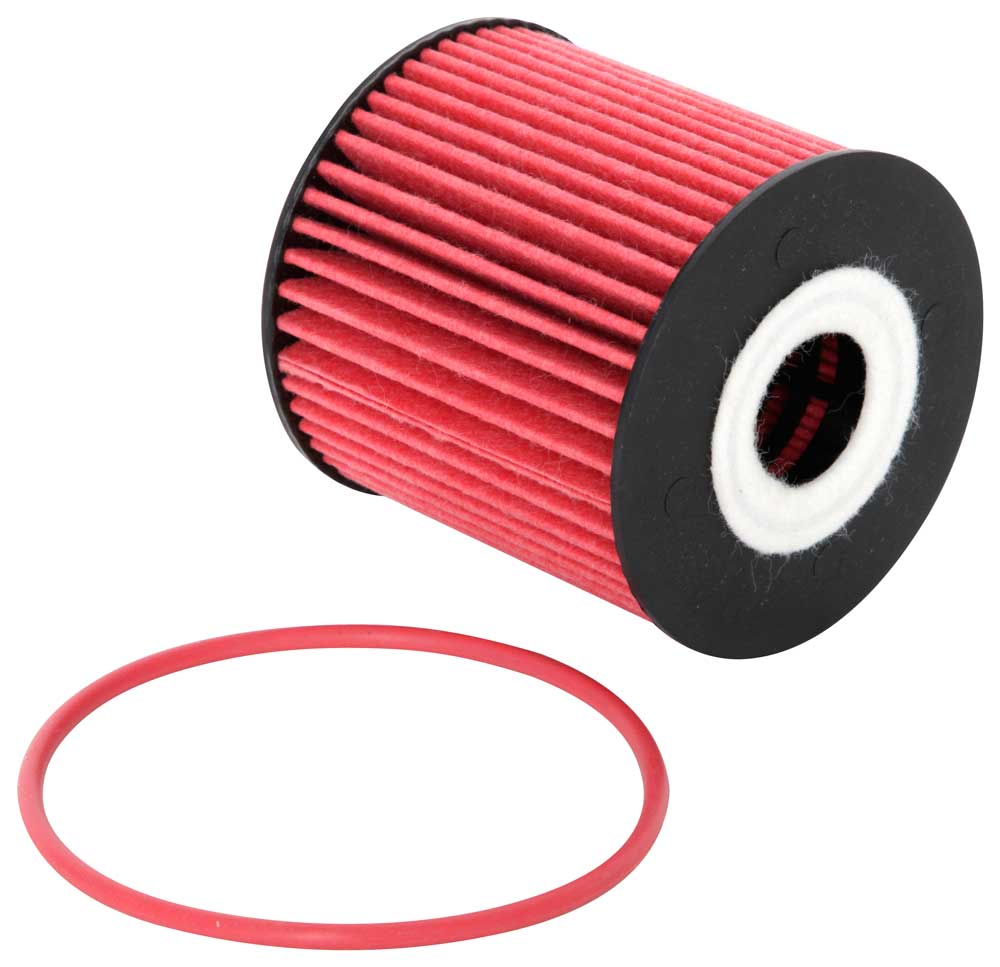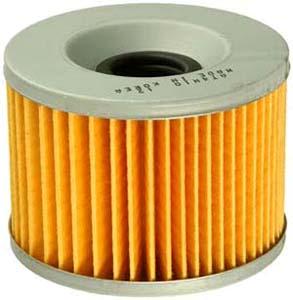Originally Posted By: SuperBusa
Originally Posted By: ZZman
Once again I suppose most filter manufacturers don't feel the need to post any filter information because 99.9% of the population would not care to know or understand what any of the data meant. They will change their oil at 3,000 miles and will trade their cars and not drive them into the ground and care how long the engine lasts.
That's true.
But I've come to also realize that the filter manufacture's will not divulge much technical info if asked. They claim it's "proprietary data" which I tend to call B.S. on because any other filter manufacture can buy their filters and cut them open to see how they are built, and also do any kind of performance tests on them they so desire. You can bet that the big filter makers have test labs that can be used to checkout any of their competitor's filters.
For instance, I tried to get flow vs. psid performance for the PureONE from Purolator, but they wouldn't say anything about the flow rate performance. Is it because they are afraid it has substandard performance? If not, why not brag about the performance it is going to help sell filters?
Well
You can get some data from the manufacturers. I've seen the data sheets on some of Baldwin's bypass filters that another member fax'd me. The problem is that many can't integrate the data.
For example the beta for this filter was something like (totally out of my behind) Beta6=13.5 (yes, they used oddball numbers) ..but they didn't give you the flow rate for the test. It can't conform to the normal multipass test.
I've seen spec's for some of the Motor Craft filters ..like the (thinking) HP FL1A. It gives a filtering efficiency and a PSID @ x amount of flow.
If you see this data, you tend to rationalize obscure stuff like "free flowing" and restrictive" filters, which is something that most rarely encounter.
I would mainly be concerned with holding capacity and filtering efficiency. The PSID data is pretty much worthless in most sensible views.
Greshen K-22001 hydraulic filter
Beta10=2
Beta20=20
Beta22=75
Capacity 8gms typical
^P @ 10gpm 150 SUS fluid = 4 PSID
Would it really matter if it was 6 or 2 PSID if you were only moving 3-6gpm and never had the capacity to move 10gpm??? Would a "freer" flowing hydraulic filter make any difference? Would a "more restrictive" hydraulic filter make any difference?
That is, would you be sensible enough, when seeing the 10gpm data, to figure that your 5gpm demand won't make a difference, or would you tend to put importance upon it ..even if it would never be important in your circumstances?
If you can see what I'm saying










